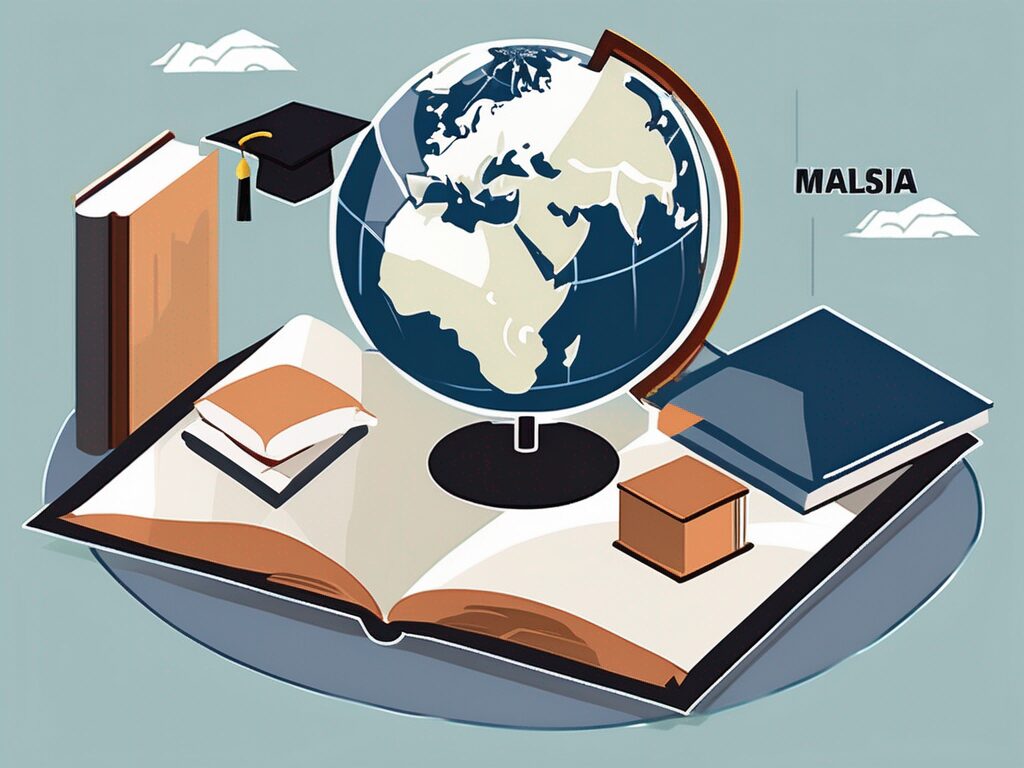Thailand, known for its rich culture, picturesque landscapes, and warm hospitality, is also a popular destination for teachers looking to broaden their horizons. However, teaching in Thailand’s public schools, particularly for Postgraduate Certificate in Education (PGCE) teachers, can present unique challenges. This article will delve into the top five pain points that PGCE teachers often encounter in Thailand’s public schools, and offer some insights on how to navigate these issues.
1. Language Barrier
Understanding the Issue
The Thai language, with its unique script and tonal nature, can be a daunting challenge for many foreign teachers. While English is taught in schools, the level of proficiency among students and staff can vary greatly. This can lead to misunderstandings and communication breakdowns in the classroom.
Overcoming the Barrier
While learning Thai is not a prerequisite for teaching in Thailand, having a basic understanding of the language can significantly ease day-to-day interactions. There are numerous language schools and online resources available to help you get started. Additionally, using visual aids and interactive teaching methods can help bridge the language gap in the classroom.
2. Cultural Differences
Respecting Thai Traditions
Thailand has a rich cultural heritage, and Thais hold their traditions in high regard. This can be seen in the school system, where there is a strong emphasis on respect for elders and authority figures. For PGCE teachers used to a more egalitarian approach, this hierarchical structure can be a culture shock.
Adapting to the Thai Way
Understanding and respecting Thai culture is key to a successful teaching experience. This means adapting to local customs, such as participating in school ceremonies and respecting Buddhist traditions. Remember, when in Rome, do as the Romans do – or in this case, when in Thailand, do as the Thais do!
3. Teaching Methodologies
Chalk and Talk
Many Thai public schools still adhere to traditional ‘chalk and talk’ teaching methods, where the teacher lectures and the students listen. This can be a stark contrast to the more interactive, student-centred teaching styles that PGCE teachers are trained in.
Integrating New Teaching Styles
While it may be challenging to introduce new teaching methodologies, it’s not impossible. Start small, by incorporating interactive elements into your lessons, such as group work or hands-on activities. Over time, you may find that your students respond positively to these changes, and you can gradually introduce more innovative teaching methods.
4. Resource Constraints
Dealing with Limited Resources
Many Thai public schools operate on tight budgets, which can mean limited resources for teachers. This can range from a lack of textbooks to outdated technology. For PGCE teachers used to well-resourced classrooms, this can be a significant adjustment.
Maximising What You Have
Resourcefulness is key when teaching in resource-constrained environments. This could mean creating your own teaching materials, or using technology like smartphones and tablets in innovative ways. Remember, a good teacher can make a difference, regardless of the resources at their disposal.
5. Workload and Expectations
Understanding the Workload
Teaching in Thailand can be demanding, with long hours and high expectations. In addition to teaching, you may be expected to participate in extracurricular activities and school events. This can lead to a heavy workload and a challenging work-life balance.
Managing Your Time Effectively
Effective time management is crucial to managing your workload. This means prioritising tasks, setting realistic goals, and learning to say no when necessary. Remember, it’s important to take care of your own wellbeing in order to be an effective teacher.
In conclusion, while teaching in Thailand’s public schools can present unique challenges, it can also be an incredibly rewarding experience. By understanding these pain points and finding ways to navigate them, PGCE teachers can thrive in this vibrant and diverse country.
Take Your Teaching Career in Thailand to the Next Level with The IQTS at UWE
Understanding the challenges of teaching in Thailand is just the beginning. If you’re ready to enhance your professional development and overcome the barriers to career progression, The International Qualified Teacher Status (iQTS) programme at UWE is your next step. With iQTS, you can increase your chances of interview callbacks, boost your promotion rates by 45%, and enjoy a 30% salary increase. Join a global community of educators, gain a deeper understanding of international curricula, and pursue your career without compromising your current commitments through our flexible online study options. Don’t let isolation or underqualification hold you back. Make Your Next Step towards achieving your full potential as an educator in Thailand and beyond with The IQTS at UWE.

